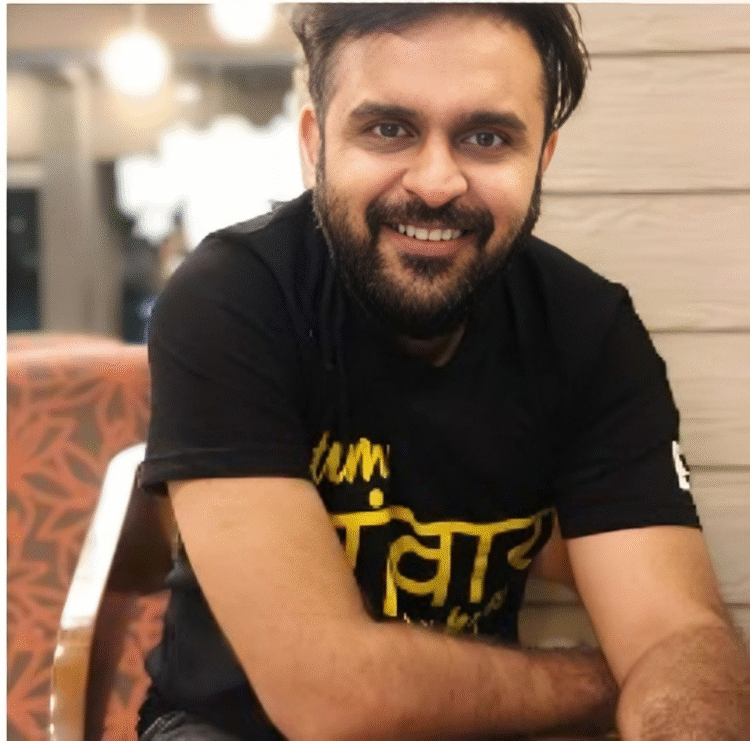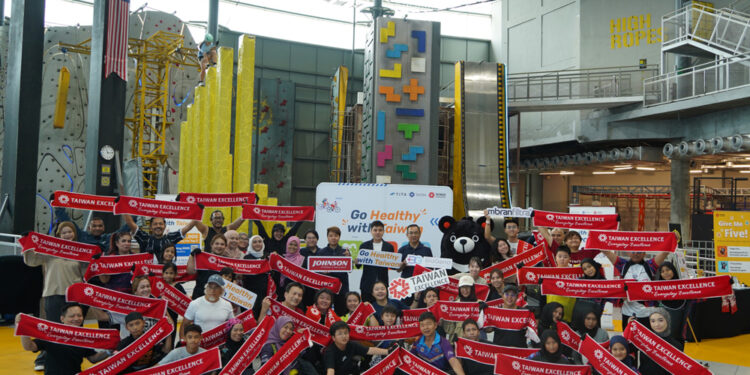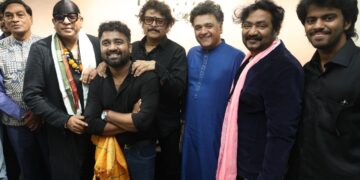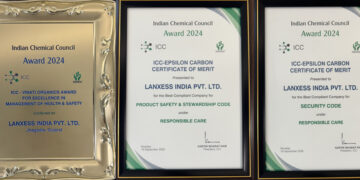In an exclusive conversation with Santerra Industries founder Nikhil Chandwani, we delve deep into his vision of success that transcends traditional metrics like revenue and market share.
From empowering local communities with clean energy solutions to fostering a culture of innovation grounded in empathy and autonomy, Chandwani’s leadership philosophy is reshaping the renewable energy landscape.
As he shares personal experiences, pivotal leadership lessons, and his unwavering commitment to purposeful impact, it becomes evident that Santerra’s journey is not just about powering homes—it’s about powering change.
1. How do you define success for Santerra Industries, beyond revenue growth and market share?
At Santerra Industries, success goes far beyond profit margins. We define it through impact—on communities, on the environment, and on the future of energy consumption. A successful year for us means more villages gaining access to clean energy, more local talent upskilled and employed, and more sustainable practices adopted by industries we collaborate with. It’s about how many lives we’ve positively transformed and how responsibly we’ve scaled our innovations.
2. What leadership practices do you believe are most effective in nurturing innovation within your team?
The most powerful leadership practice I’ve embraced is active listening not just hearing ideas, but creating safe, open spaces where no suggestion feels too bold or too early-stage to be considered. I also strongly advocate for cross-functional collaboration, where different minds—engineers, marketers, field workers—come together to co-create solutions. Lastly, I lead with trust and autonomy; micromanagement is the enemy of innovation.
3. Can you share a moment when your leadership approach had to shift significantly to meet unexpected challenges?
Leadership, by nature, demands adaptability. Over time, I’ve learned that a rigid approach often falls short in the face of evolving challenges. There are times when strategic direction must give way to empathy, when speed needs to be balanced with sensitivity, and when decisiveness must be replaced with deep listening. I’ve shifted my leadership style from being primarily outcome-focused to one that prioritizes resilience, emotional intelligence, and collaboration. Challenges often act as a mirror, reminding us that true leadership isn’t about having all the answers, but about creating space for collective problem-solving and growth even in uncertain terrain.
4. How do you encourage creative problem-solving and risk-taking within your organization?
We maintain a culture where failure is seen as a stepping stone, not a setback. I personally celebrate ‘smart failures’ those that come from trying new approaches. We also run internal innovation labs and workshops where even interns can pitch ideas. Risk-taking is encouraged by providing a safety net for experimentation, along with resources and mentorship to turn those ideas into viable solutions.
5. What personal experiences have most shaped your approach to leadership in the renewable energy sector?
Traveling across India’s underserved regions and interacting with changemakers at the grassroots level deeply influenced my leadership style. I’ve seen firsthand the power of decentralized innovation, where local insights solve global problems. Additionally, my early experiences as an educator and author taught me the value of narrative-driven leadership—inspiring people not just with plans, but with purpose. These lessons continue to shape how I lead Santerra Industries today.



















